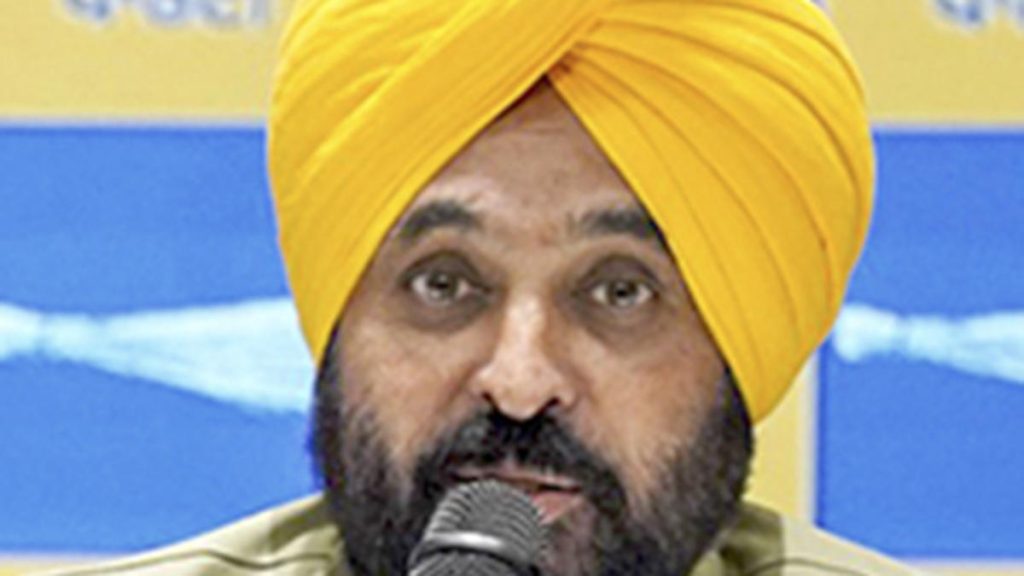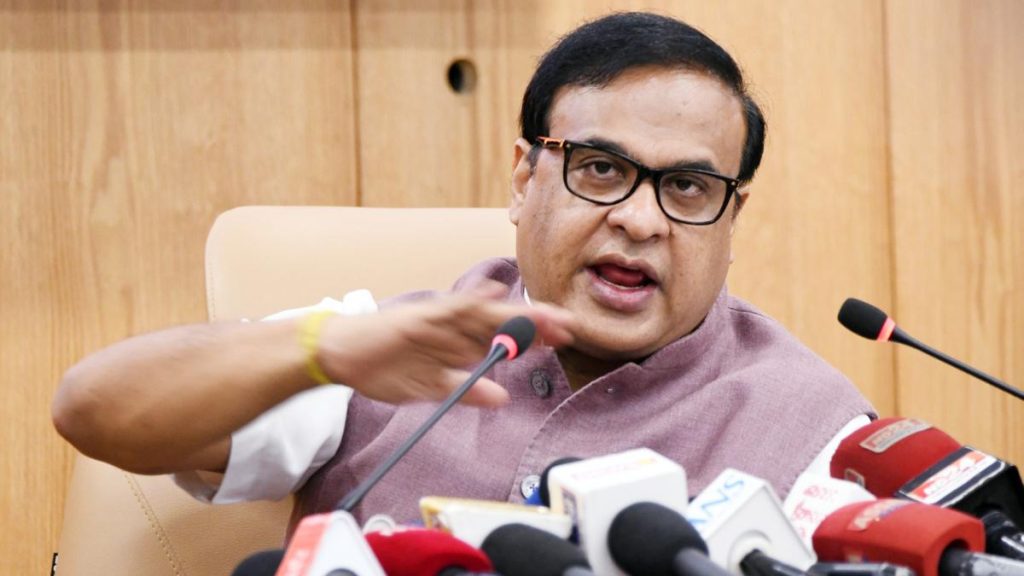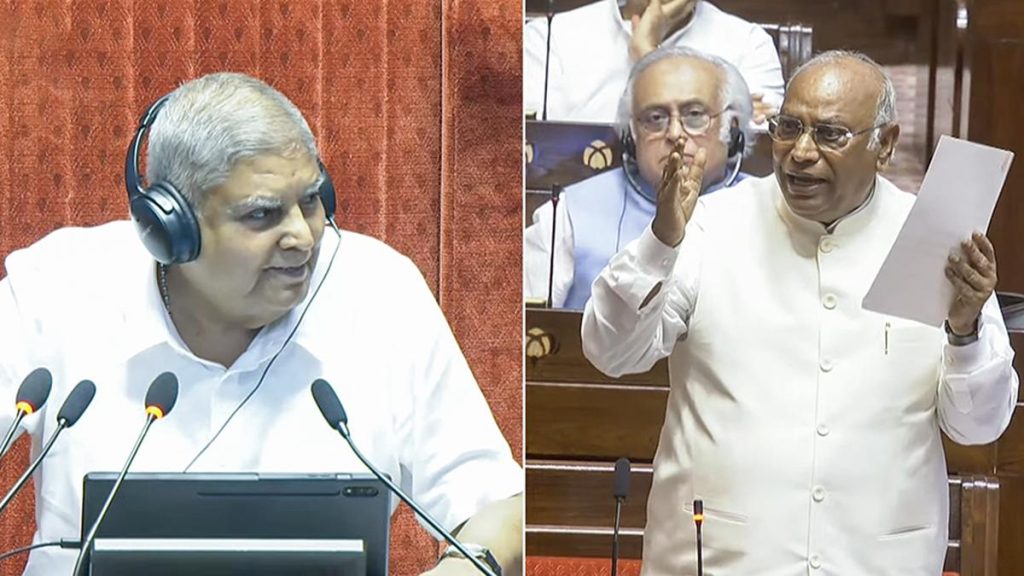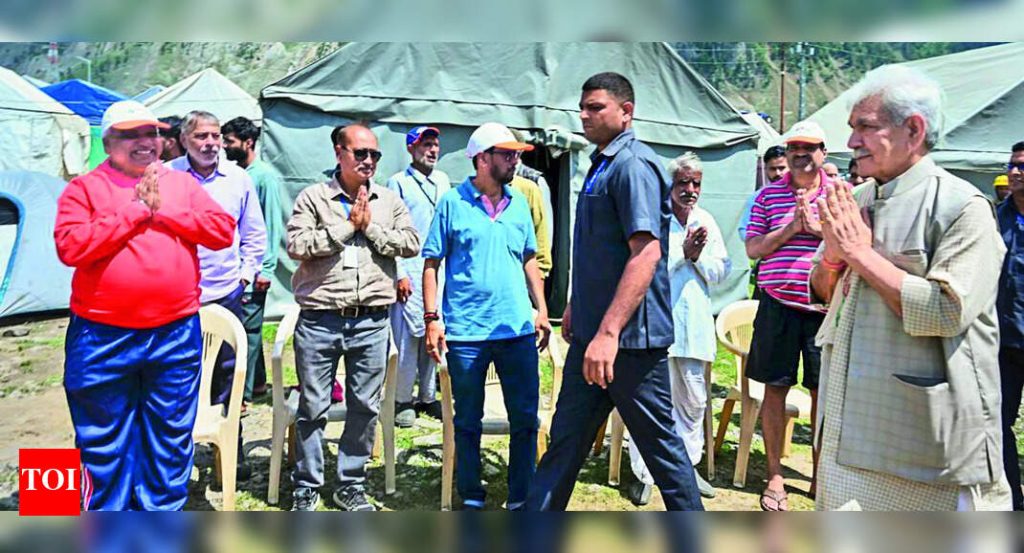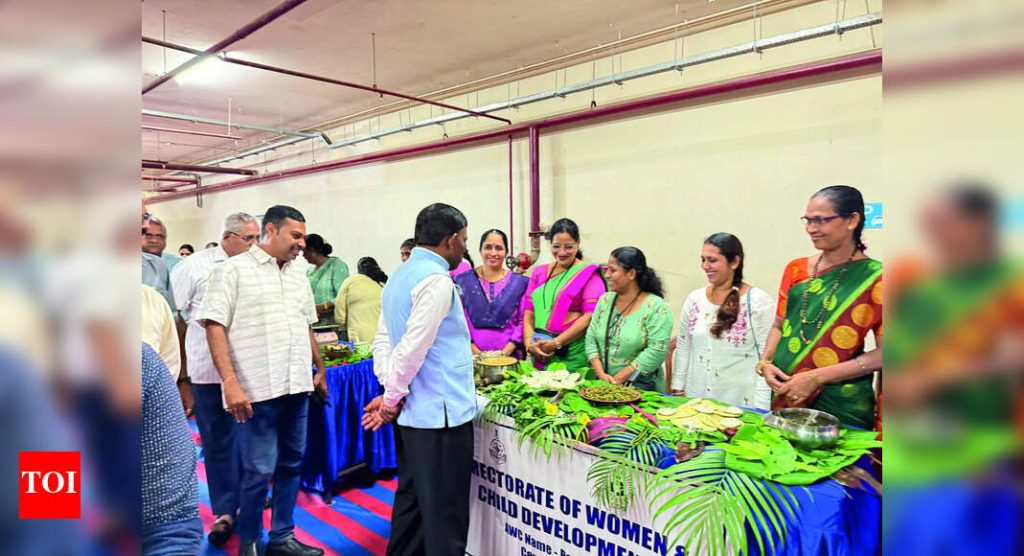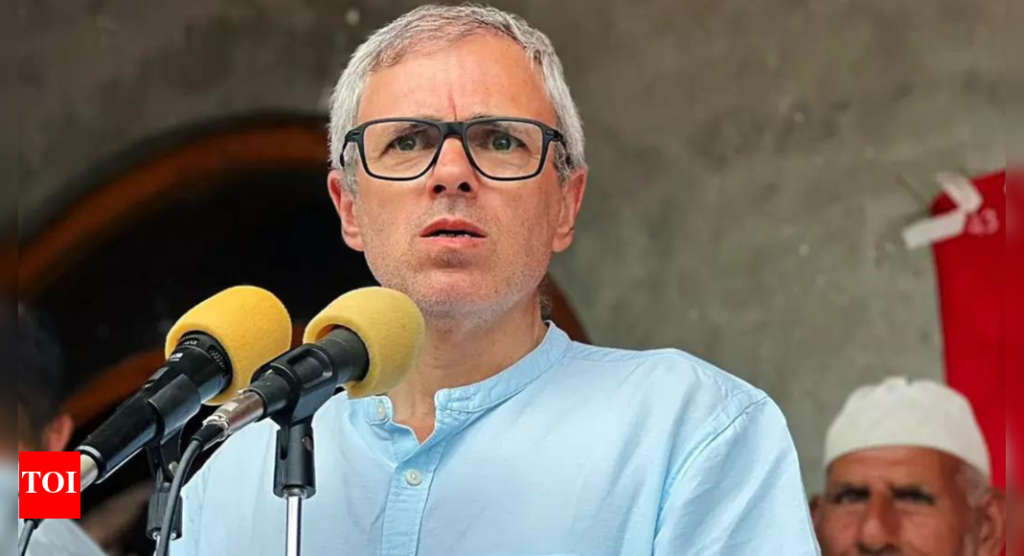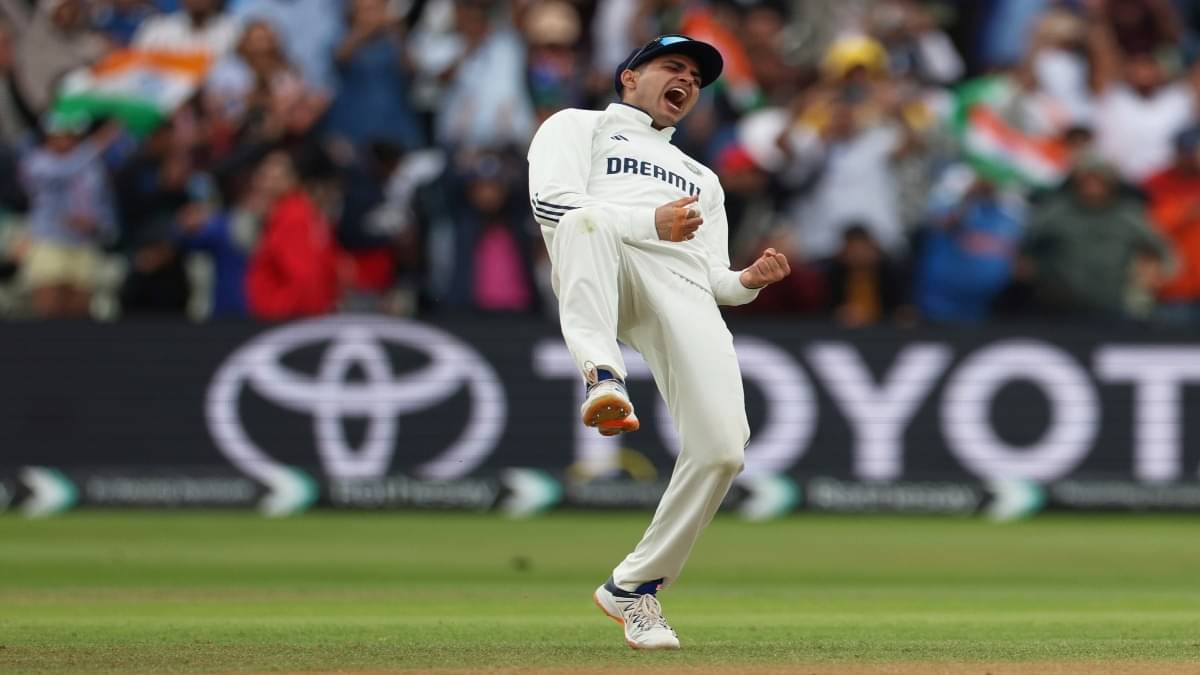Now Reading: World Brain Day 2025: Exploring Neurological Health and Its Significance
-
01
World Brain Day 2025: Exploring Neurological Health and Its Significance
World Brain Day 2025: Exploring Neurological Health and Its Significance
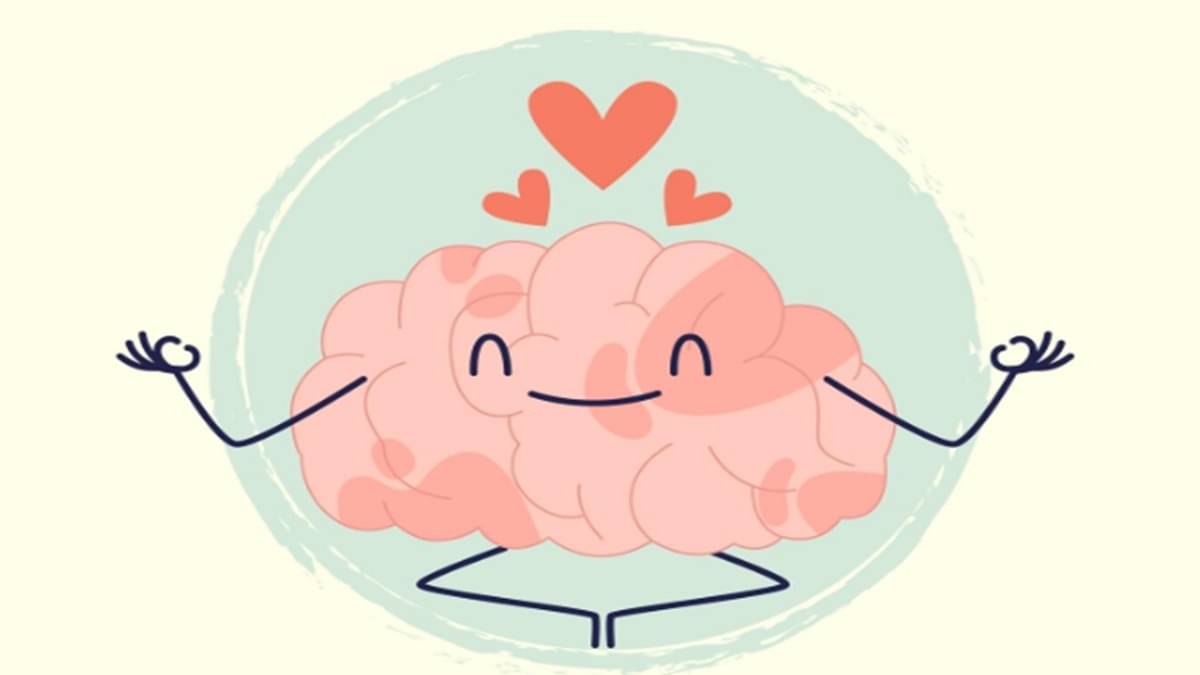
Rapid Summary
- World Brain Day 2025: Observed globally on July 22 to raise awareness about brain health and neurological conditions.
- History: Established in 2014 by the World Federation of Neurology (WFN) to spotlight brain-related disorders.
- meaning: Emphasizes shared responsibility among governments, healthcare professionals, caregivers, and individuals for promoting brain health and early intervention.
- Common Brain Disorders & Symptoms:
– Stroke: Sudden weakness on one side of the body; slurred speech.
– Epilepsy: Unusual sensations, brief confusion, twitching spells.
– Alzheimer’s disease: Memory loss; difficulty finding words; mood changes.
– Parkinson’s disease: Tremors; slowed movements; stiffness.
– Multiple sclerosis (MS): Numbness; vision problems; fatigue.
– Brain Tumours: Headaches, vision changes, nausea.
- Tips for Brain Health:
– Balanced diet (e.g., leafy greens, nuts).
– Exercise regularly for better blood flow and reduced memory decline risks.
– Prioritize sleep quality (7-9 hours).
– Engage in mental activities like puzzles or reading.
– Manage stress with relaxation techniques like yoga or meditation.
– Regular check-ups for early detection.
Indian Opinion Analysis
World Brain Day highlights an urgent global need that is equally relevant within India-improved public focus on neurological health. Despite strides in healthcare infrastructure across urban centers in India, rural regions often remain underserved when it comes to diagnosing neurological issues due to gaps in access to specialists and expensive treatment models.
The campaign underscores a preventive approach through education about lifestyle habits-a model that could equip individuals with tools to manage their own health better while reducing public costs associated with treating long-term disorders such as Alzheimer’s or Parkinson’s disease.
India can benefit substantially from amplifying awareness campaigns like World Brain Day via local languages across diverse communities. This would bridge information gaps that currently limit early diagnosis rates nationwide while empowering individuals toward proactive care strategies.



